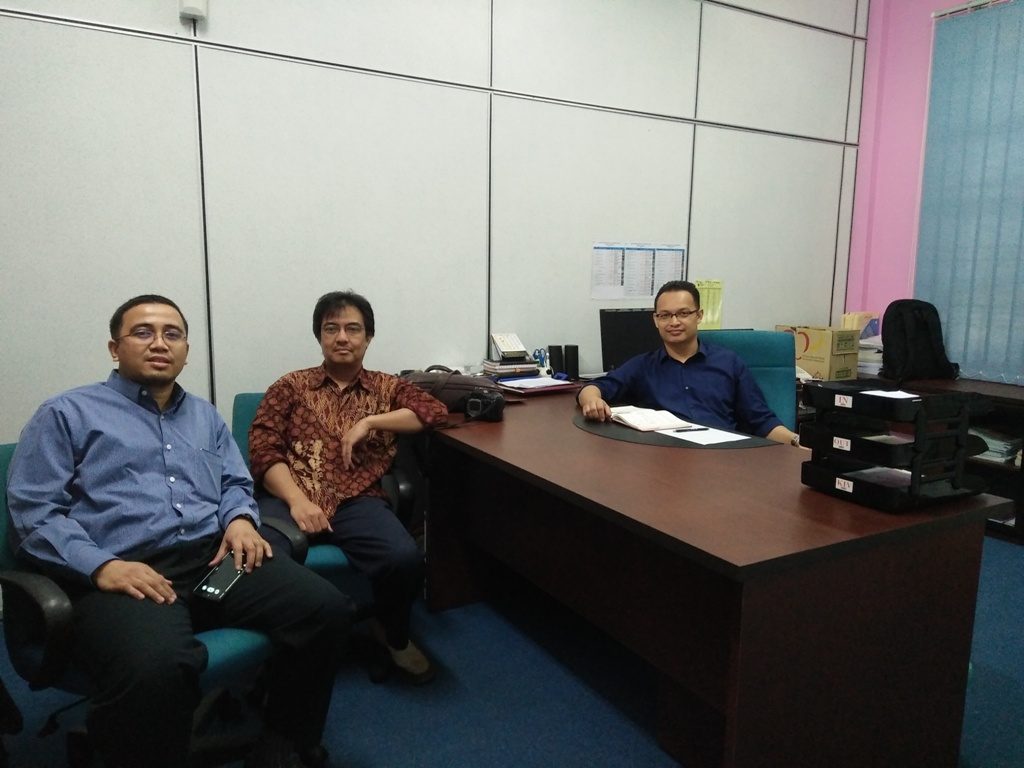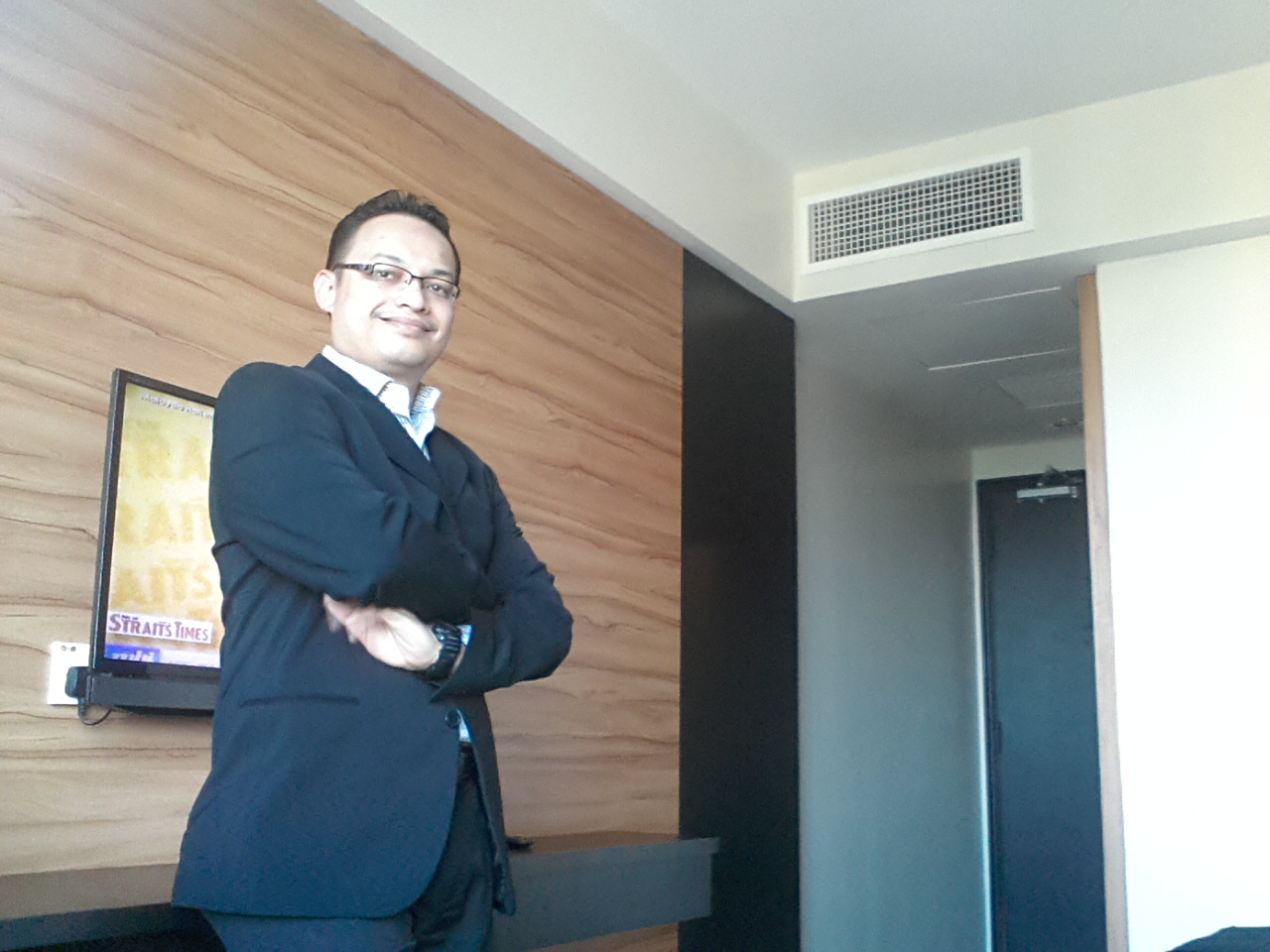It is very rare that get task such as to evaluate a research grant since it is normally given to Associate Professors and Professors only. But, yesterday I received an email invitation to review a research grant which is very relevant to my expertise and I am so excited to evaluate it. I got some time today and I managed to review, comment and submit my comments and verdict for the proposal. I do hope to be given more research proposal review in future.
Read all my “1 Official Task Per Day Record Challenge for 2020” —> https://people.utm.my/zakiyamani/category/1-activity-1-day/

